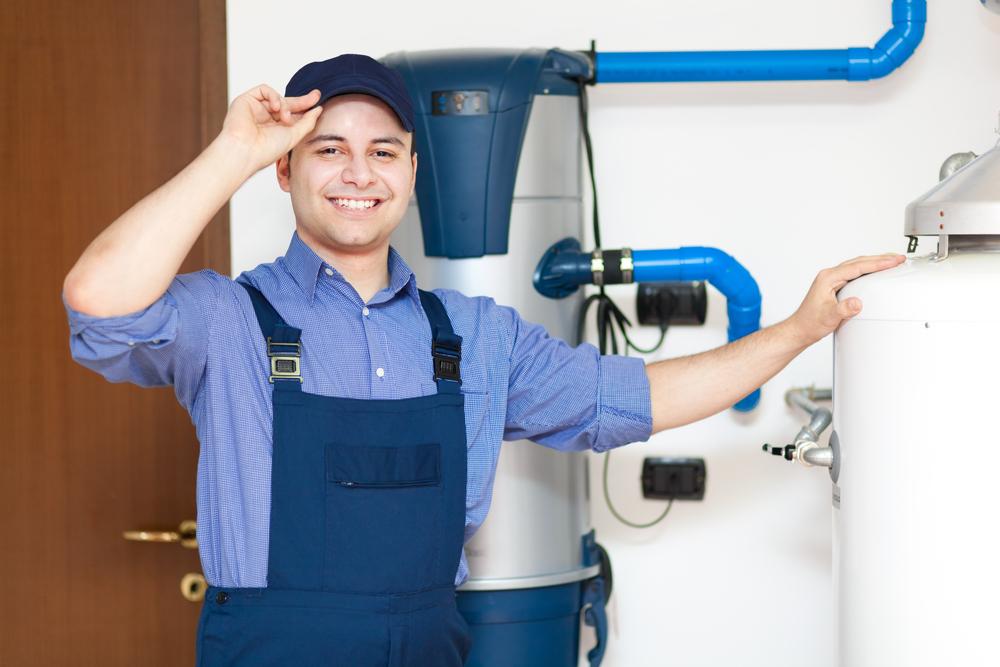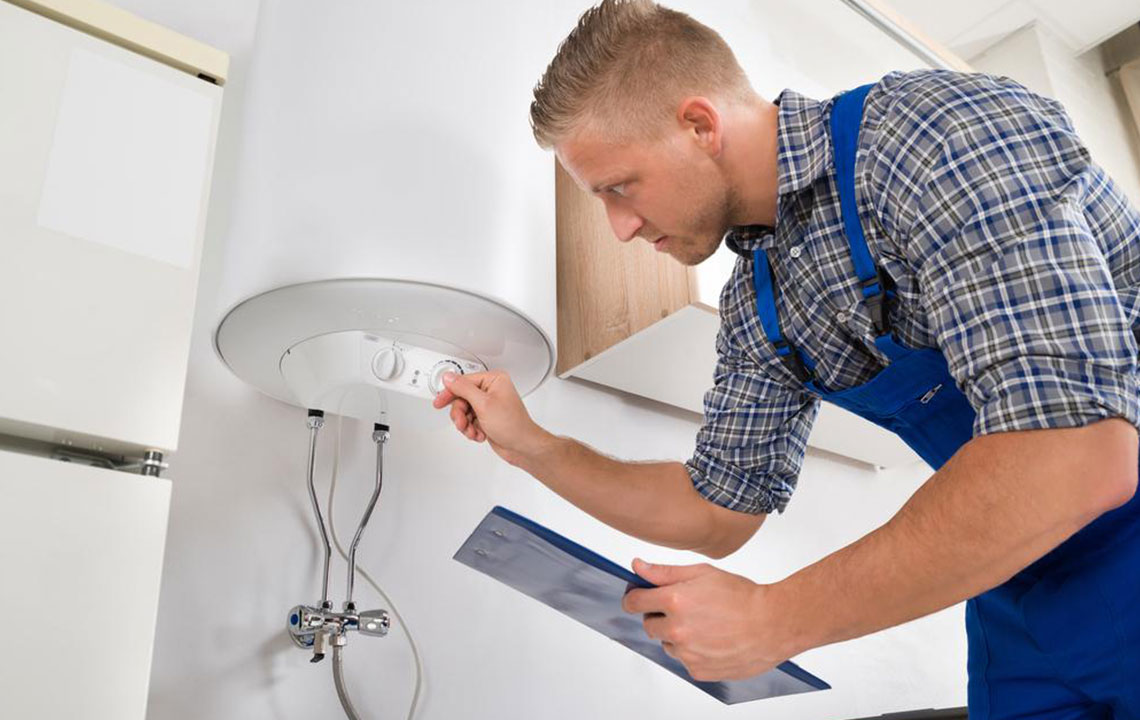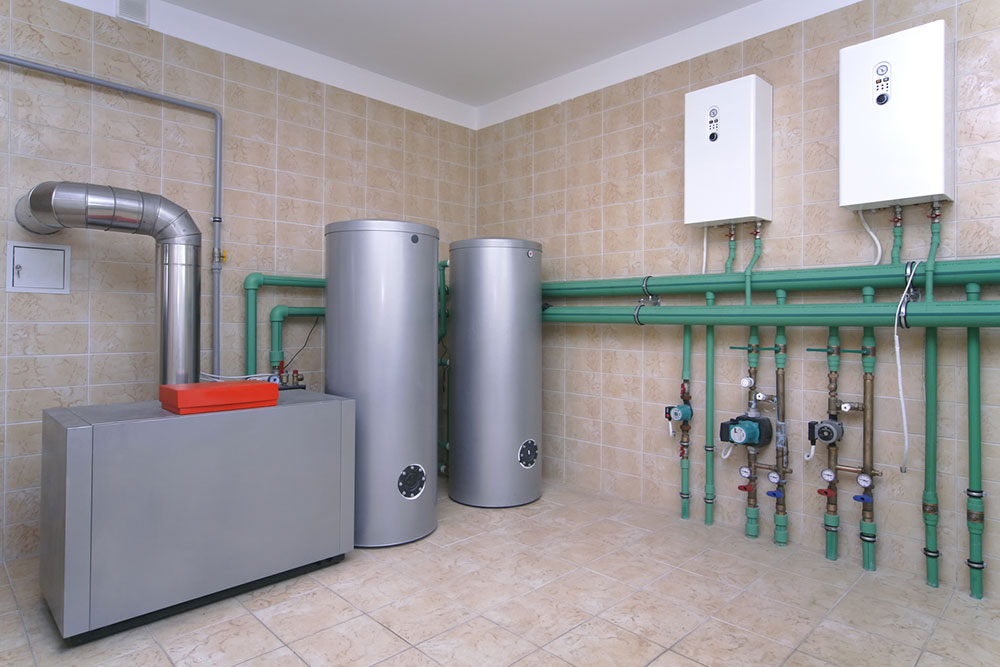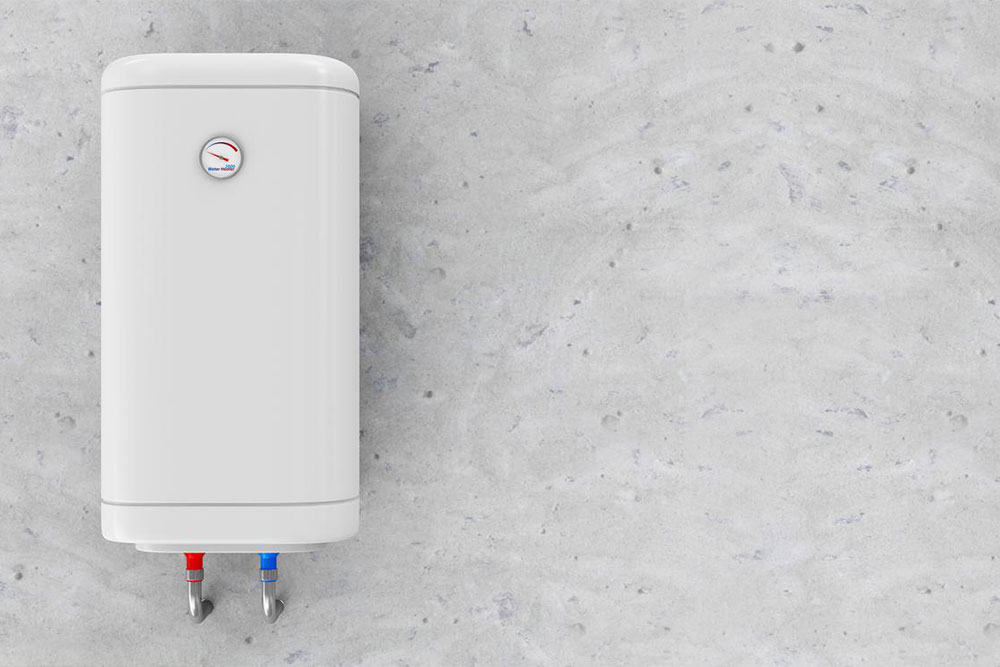Essential Guide to Choosing the Right Water Heating System
This comprehensive guide explores various types of residential water heaters, including storage, tankless, heat pump, solar, and condensing models. It highlights their features, benefits, and suitability based on household needs and climate. Understanding these options helps homeowners make informed decisions to ensure efficient hot water supply while optimizing energy consumption and cost-effectiveness.
Sponsored
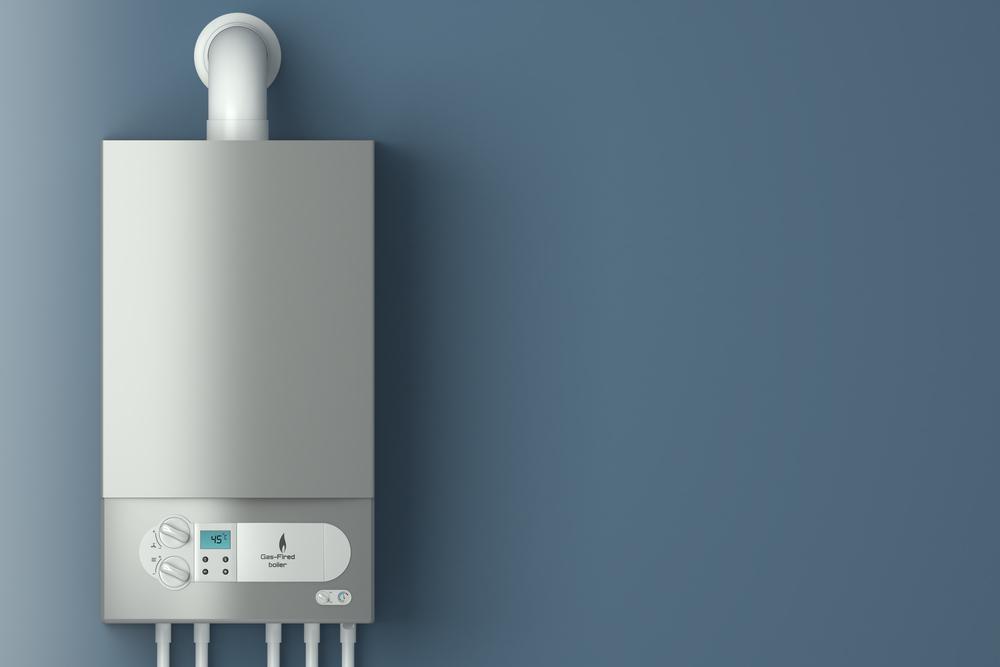
Experiencing cold showers during winter highlights the importance of an efficient water heating system. Today, numerous options are available for warming your bathwater, but selecting the right one requires careful consideration.
Factors such as household size, energy consumption, and specific needs influence the decision. While capacity and energy efficiency are crucial, other aspects like installation space and cost also play vital roles.
Here are common types of residential water heaters to consider.
Storage Tank Water Heaters
These are the most prevalent models, featuring large insulated tanks that store heated water. Equipped with pressure and temperature controls plus safety valves, they are typically powered by gas or electricity. Gas models are more energy-efficient and cost-effective. With an average lifespan of 10-12 years, they are suitable for larger households due to their capacity.
Tankless Water Heaters
Instead of storing water, these units heat water on demand through high-temperature coils. They are more energy-efficient but generally cost more upfront. Ideal for immediate hot water needs, they work best with natural gas. Regular descaling is needed annually to remove mineral buildup.
Heat Pump Water Heaters
Best suited for moderate climates, heat pump models transfer heat from the air or ground to warm the water, significantly reducing energy consumption. Although initial costs are higher, long-term savings and efficiency make them a good investment. Adequate space, including a 7-foot clearance, is necessary for proper installation.
Solar Water Heaters
These systems harness solar energy via rooftop panels to heat water, offering excellent summer efficiency. During cloudy days, backup gas or electric heaters activate. Increasingly affordable, they are less effective in colder regions where sunlight is limited.
Condensing Water Heaters
Designed for families, these units typically handle up to 55 gallons daily using natural gas. They utilize condensers to capture and reuse gases that would normally escape, enhancing heating efficiency. This method makes them a cost-effective choice for large households.
Choosing the right water heater involves evaluating your local climate, household needs, and budget. Carefully considering these factors ensures optimal performance and energy savings.

